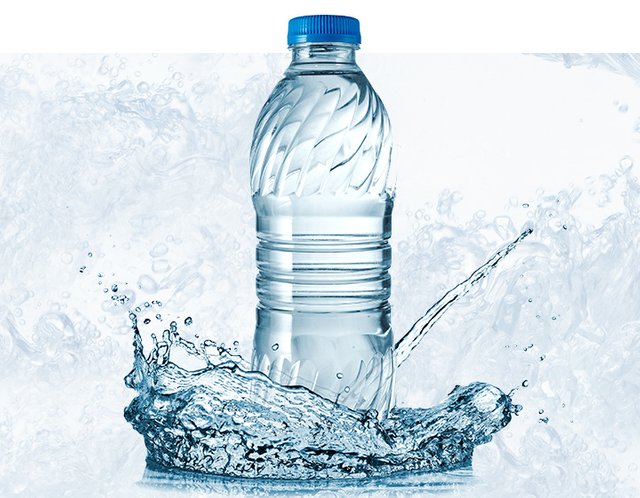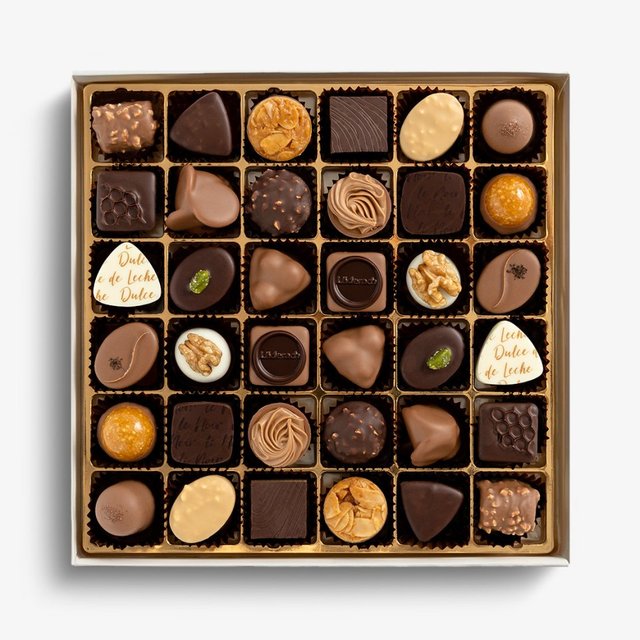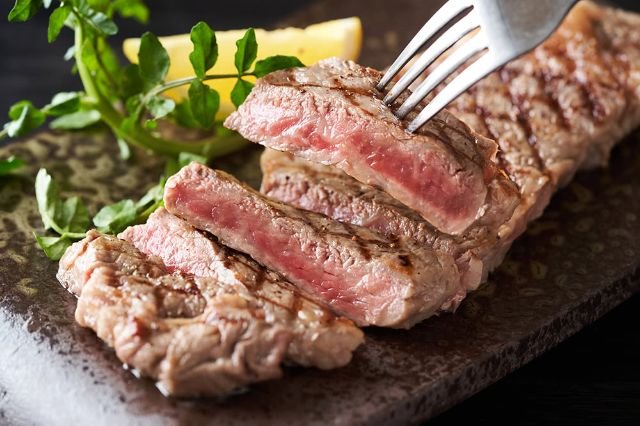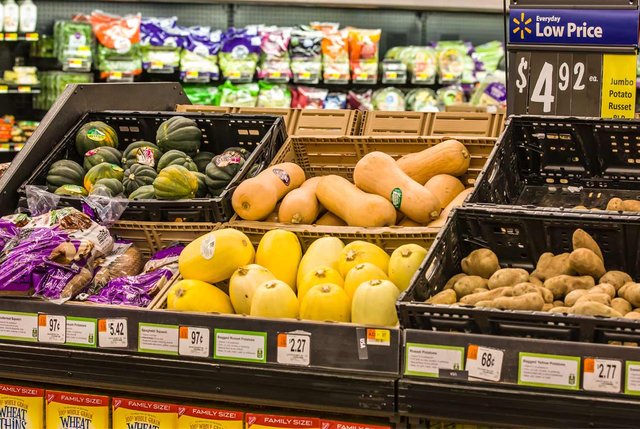5 .Bottled Water Is Mostly Tap Water

Tap water in the United States is not the best. There are traces of antibiotics, painkillers, hormones, and a ton of other drugs that Americans flush down the drain that water treatment plants currently cannot filter out. There are also PFAS, which are linked to liver damage, immune dysfunction, kidney and testicular cancer, thyroid disease, and many more illnesses. The per- and polyfluoroalkyl substances (PFAS) are a group of chemicals used to make fluoropolymer coatings and products that resist heat, oil, stains, grease, and water.An estimated 200 million Americans have their tap water contaminated with PFAS. Americans drink more packaged water overall than any other country in the world. A report found that almost half of bottled water is just tap water that may have been tested and processed a tiny bit more. Bottled water also produces a lot of plastic waste that rarely gets recycled.
4.Chocolate Is Made with Child Slave Labor

Two-thirds of the world’s cocoa beans come from West Africa, with the Ivory Coast supplying 45% of the global total. A 2015 report revealed that over two million children work in these cocoa-growing regions. Many Ivorian parents can’t afford schooling, so they use their children as labor. Additionally, children are trafficked from poorer countries like Burkina Faso and Mali, lured with promises of money. Once in the Ivory Coast, they endure grueling labor for as little as 85 cents a day, often facing threats, violence, and, in some cases, no pay at all.
3.Kobe and Wagyu Beef Sold in America Is Rarely Authentic

The rise in restaurants offering Kobe and Wagyu beef is deceptive, as most of it isn’t the real deal. “Wagyu” refers to Japanese cow breeds, with Kobe beef being the most prestigious. Genuine Kobe beef is incredibly rare, with only a few thousand cattle qualifying each year, and only eight U.S. restaurants serve it, never in retail. Even non-Kobe Wagyu in America is often not purebred; most is F1, which is only 50% pure, according to the American Wagyu Association.
2.Supermarkets Are Designed to Manipulate You into Spending More

Supermarkets are designed to encourage more spending. Since 1937, shopping carts have tripled in size, making it easier to buy more. The one-way entry forces you to walk through the store, starting with the produce and bakery sections, which stimulate hunger with enticing smells and vibrant displays. The dairy section is placed far from the entrance, so you pass numerous distractions along the way. Expensive items are positioned at eye level, while cheaper ones are harder to reach. Children's cereal packaging is designed to catch kids' eyes, and the lack of windows or clocks, along with background music, encourages longer shopping trips.
1.Never Buy Commercial Pet Food

Pet food labels can be misleading, especially regarding meat content. Much of the meat in pet food comes from rendering plants, where various animal carcasses—including livestock and even euthanized pets—are processed. These facilities often handle contaminated materials, such as livestock treated with pesticides, antibiotics, and euthanasia drugs, as well as heavy metals from pet ID tags and surgical equipment. Additionally, the grains in pet food are often unfit for human consumption, and the packaging may be contaminated with PFAS, chemicals linked to serious health issues. Many veterinarians receive education influenced by major pet food companies, making it difficult to trust their nutritional advice.